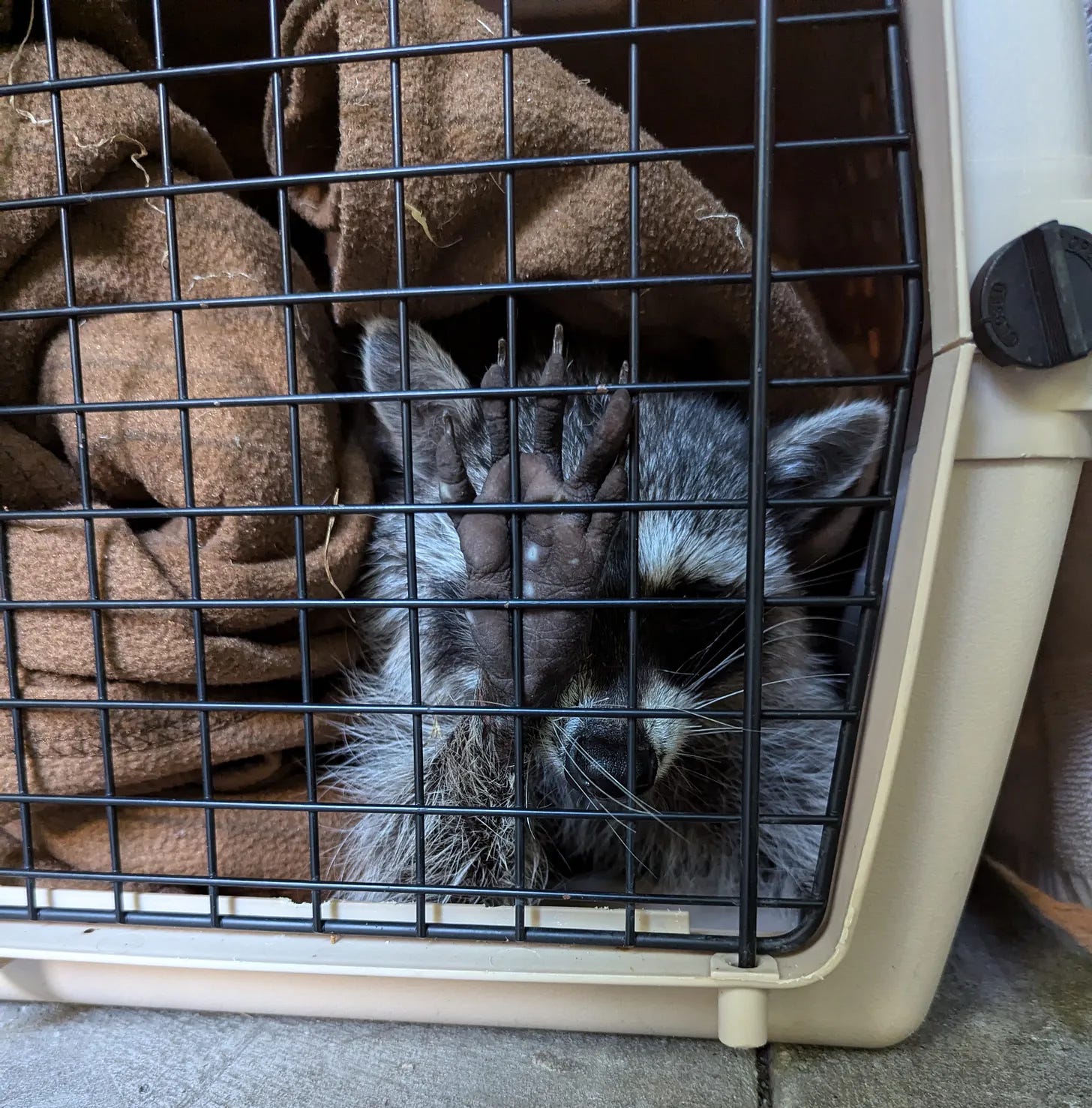Voters to decide fate of innocent dogs
News and headlines for July 8 - 13, 2024

In other news: The California “humane” movement on trial. The rescue of Rocky. The media is failing “shelter” animals. A city criminalizes compassion. A self-investigation over the police chief starving dogs will result in “no action.” Do you have what it takes to save lives? Why “shelter” directors fired for incompetence, uncaring, or cruelty get hired by other “shelters.”
These are some of the stories making headlines in animal protection:
The California “humane” movement on trial
A trial is underway in a Southern California courtroom over the San Diego Humane Society’s refusal to take in many stray cats. SDHS, which runs animal control for San Diego and close to a dozen other cities in the county, turns them away at the door and tells finders to release them on the street.
Although San Diego Humane Society argues that it will be forced to kill cats if required to care for them, it can become an “open admission” No Kill shelter by comprehensively implementing the No Kill Equation. SDHS takes in over $65,000,000 annually and has $126,000,000 in assets. Other communities have done it with higher per capita intake rates and lower revenues. The SDHS position also ignores that cats not only have a right to life, they have a right to rescue.
The rescue of Rocky
It happens often — seeing phantom animals along the roadside that require a closer look. “What was that?” one of us will ask. And we always go back and check. Most of the time, the phantom turns out to be nothing — a shoe, a crumpled bit of paper, or a piece of garbage — and we can go back about our business, grateful and relieved. Sometimes, however, it is an animal — an injured pigeon, a lost dog, a sick cat. This time, it was a raccoon, and his rescue provides important lessons about wildlife rehabbers, our fellow humans, and the solace we can find when things don’t go as we hoped.
The media is failing “shelter” animals
What is happening in the New York City pound system? Why is cat killing rising, and why are they killing more dogs despite taking in roughly 8,000 fewer animals than they did pre-pandemic?
They reduced the days they are open for adoption, reduced adoption hours, turn away potential adopters without appointments, have cumbersome procedures prohibiting families from visiting, require multiple visits before adoption, and refuse to return phone calls from people interested in adopting.
Yet, animals are the ones paying the ultimate price.
City criminalizes compassion
People who feed stray and feral cats in Pottsville, PA, will face “up to $600 or up to 90 days in jail per offense” under a new law. In many cases, the penalty is higher than for those who neglect animals by failing to provide food, water, and shelter.
In response, the local SPCA wrote that it “was disheartened” by the new law and that “Punishing well-meaning citizens of the City of Pottsville is not the answer to this problem.”





